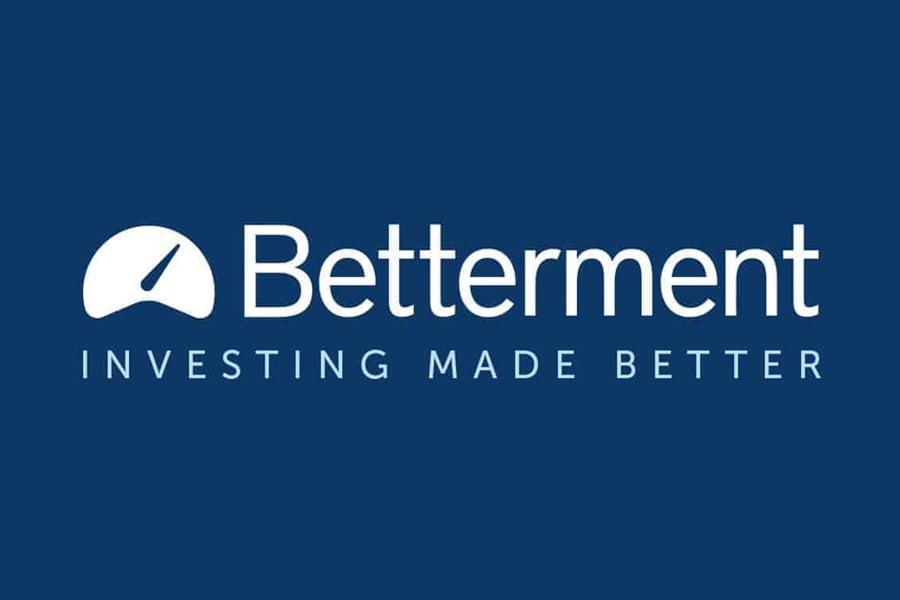Health savings account customers of Optum Bank, one of the
nation's largest HSA providers, can now use Betterment for help investing HSA money.
Betterment CEO Jon Stein announced the new partnership Wednesday at CB Insights' annual Future of Fintech conference in New York. Calling it a "simple, smart, automated HSA," the idea is to help unused cash sitting in an HSA grow tax-free as an additional retirement savings vehicle.
Customers who elect to invest some or all of their HSA with Betterment will go through an onboarding process to determine how much the investor plans to use funds for medical expenses versus long-term savings to determine investment allocations.
The company didn't share specific investment recommendations it would recommend, but Betterment vice president of communications and policy Joe Ziemer said it would be similar to the low-cost portfolios of ETFs recommended by Betterment's core, direct-to-consumer robo-adviser. Investors who will need funds more readily available for healthcare expenses will be given a more conservative allocation than those primarily using HSAs for retirement saving.
HSA funds invested with Betterment will take advantage of the robo's tax optimization technology, automated rebalancing and asset location strategies.
Optum, which is under the UnitedHealthcare umbrella, currently lets customers choose their own investments through a partnership with Schwab, but there are no investment recommendations as there will be with Betterment's algorithm.
The partnership provides Betterment an opportunity to reach more than 3 million customers who have $9 billion saved in Optum Bank HSA accounts.
"It's a huge milestone for us that this giant company … chose Betterment," Mr Stein said. He also sees an opportunity for Betterment to manage and tax-optimize HSAs in concert with investors' held away other accounts via data aggregation.
It is a potentially massive market for the digital advice startup to tap into. HSA assets totaled an estimated $53.8 billion at the end of 2018 and are expected to rise to $75 billion by the end of 2020,
according to HSA researcher Devenir. The portion of those assets invested is expected to rise to
$16.7 billion from $10.2 billion.
(More: Morningstar's first study of 10 largest HSAs reveals so-so performance)
However, some advisers feel there is a
lack of investment options available for HSAs. Mr. Ziemer said advisers using Betterment for Advisors are interested in using the product to help manage HSAs they open for clients.







